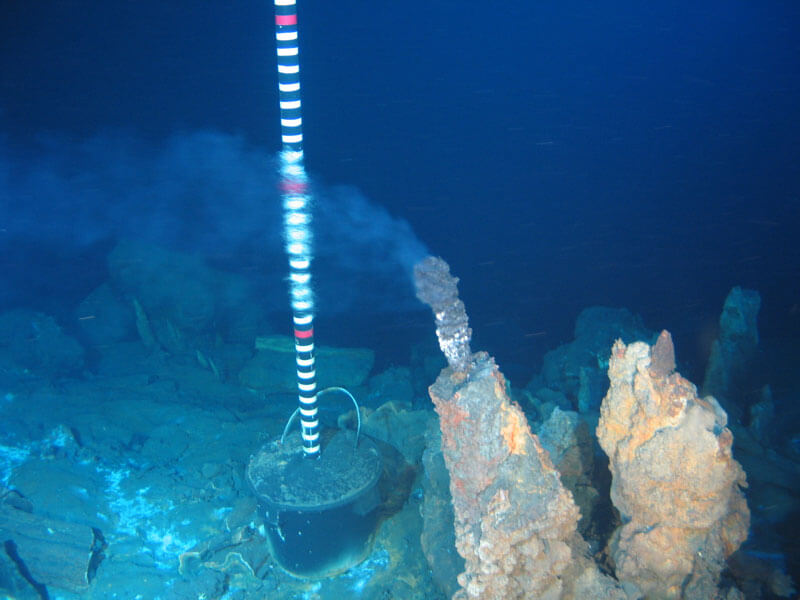 Nautilus Minerals has gone through some bad times over the last year. The difficulties that are affecting the firm are mainly related to a commercial dispute that started in June of 2012 and involves the company and the government of Papua New Guinea. The most affected project was Nautilus’ flagship Solwara 1, linked to a deep sea mining project in the country’s territorial waters.
Nautilus Minerals has gone through some bad times over the last year. The difficulties that are affecting the firm are mainly related to a commercial dispute that started in June of 2012 and involves the company and the government of Papua New Guinea. The most affected project was Nautilus’ flagship Solwara 1, linked to a deep sea mining project in the country’s territorial waters.
However, the company believes this moment could be a turning point in the case, since Nautilus Minerals is closer to an amicable resolution or a favourable ruling through an arbitration hearing set for August 26.
Michael Johnston, Nautilus Minerals interim president and CEO, says:
I think we’ve turned the corne. We’ve been in discussions with the government, aiming to address the commercial issues that form the dispute’s basis. There’s a desire on both sides to get this wrapped up. I’ve consistently told people that the dispute was always about commercial issues, the biggest one concerning background intellectual property. I believe we now have that resolved.
The Solwara 1 project has the goal to exploit seafloor massive sulphides, which form an ore body close to the vents at depths of 1,600 meters. To mine in the area, Nautilus Minerals will need to use underwater vehicles: they will cut and crush ore that will then be fed as slurry into a pump and lifted to a surface vessel.
At this point, the ore will be disaggregated from the deep sea water, transferred onto a neighbouring vessel for transport to Papua New Guinea and finally processed.
Although deep sea mining still raises a lot of concern among most environmental activists, the project looks good to go, adds Michael Johnston.
There’s a lot of stuff put in the press by non-governmental organizations and anti-mining bodies with a lot of erroneous facts. Some of it is very poorly done. Solwara 1 is probably one of the most studied pieces of planet’s deep ocean. It’s had something like 36 scientific papers written on it.
According to its developers, Nautilus is following the best methods to do a job well done. But there are fears that other companies might not be as diligent. There’s also the concern that developing nations will be unable to afford effective monitoring of deep sea mining operations, being able to keep an eye on the companies. Creating an International Seabed Authority (ISA), like it’s already happening, might be the best solution for all these problems.
Via miningweekly.com
